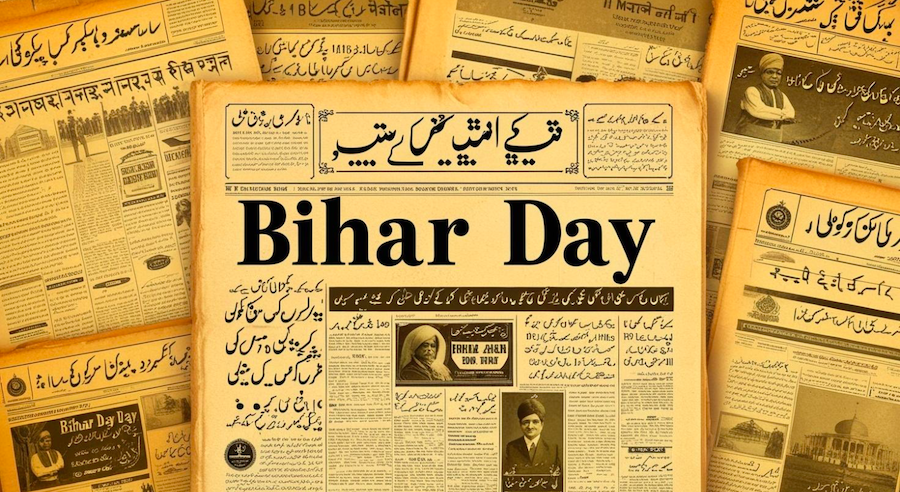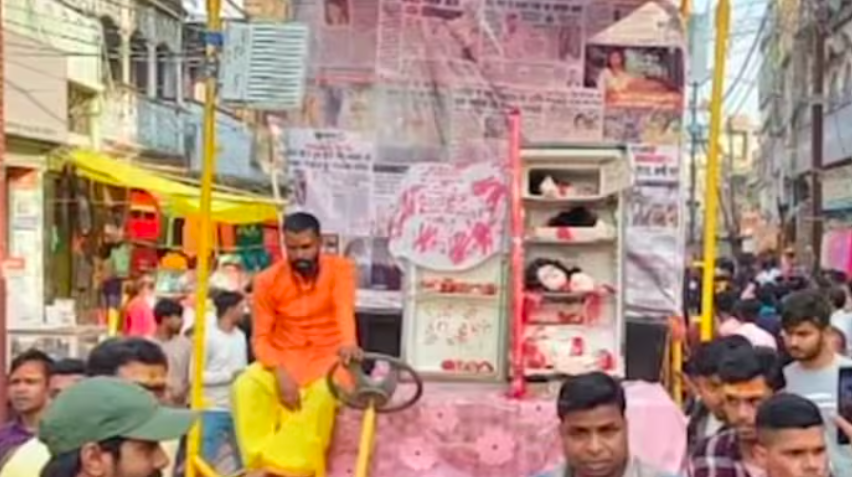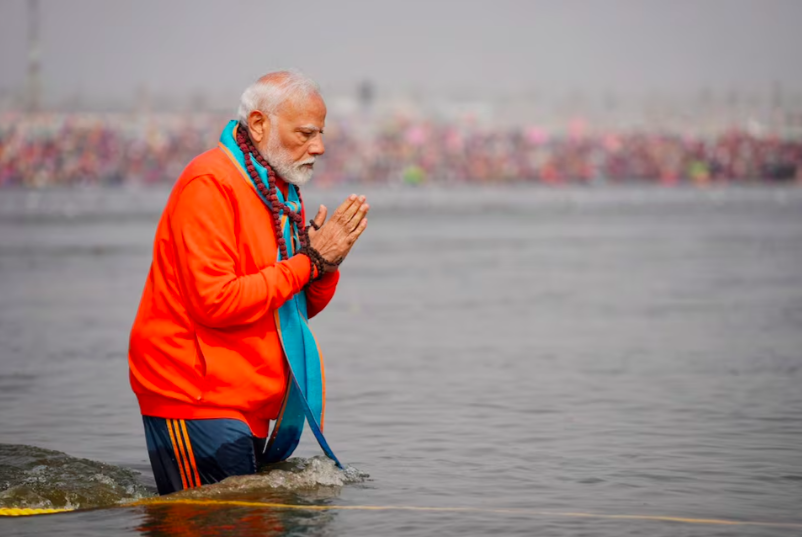Dr Mohammad Manzoor Alam
Section 20 of the Prevention of Communal and Targeted Violence Bill sets the rules to set up and constitute a National Authority for Communal Harmony, Justice and Reparation so as to exercise the powers and perform the functions assigned to it under the Act. Sub-section (3) of Section 20 specifies:
20(3): “The National Authority shall consist of a Chairperson, a Vice Chairman and five other members.
Provided that, at all times, not less than four members, including the Chairperson and Vice Chairperson, shall belong to a group as defined under this Act.
Provided further that, at all times, there shall be:
1. One member belonging to Scheduled caste/Scheduled tribes;
2. Four women, whether Chairperson, Vice Chairperson or member;
Provided further that, at all times, one woman, whether Chairperson, Vice Chairperson or member, shall belong to a religious or linguistic minority.
Provided further that, all times, not more than two members, including the Chairperson and Vice Chairperson, shall be retired public servants.”
From the above provisions, it is clear that out of seven members; only one member shall belong to the religious or linguistic minority. Thus, the very constitution of the National Authority is lopsided and imbalanced. Past experiences show that religious minorities like Muslims, Christians and Sikhs have been the victims of the communal and targeted violence. Linguistic minorities have hardly faced communal and targeted violence excepting a few incidences in the southern parts of India. Moreover, linguistic minorities have been identified on the basis of their distinct language and on regional basis.
Though not mentioned, but this ACT is being enacted to protect religious minorities especially the three named above from the wrath of communal violence; but it is surprising that their representation in the National Authority has not been assured. In effect there can be a situation under the current provisions, that none of the seven members belong to any of the major religious minorities such as the Muslims, the Christians and the Sikhs.
It is appropriate to mention that while this law should primarily be meant for the protection of religious minorities, yet there is merit in having representatives from the SCs/STs communities.
However, to remove the anomaly currently inherent in Section 20 of the draft ACT the following suggestion must be incorporated:
Suggestion: In order to make the National Authority a representative and effective body, it is necessary to give due representation to main religious minorities, viz, the Muslims, the Christians and the Sikhs. Section 20 (3) may therefore be amended accordingly to the effect the Muslim, the Christian and the Sikh community is represented with at least one member each on the National Authority. Any of such members can also hold the position as chairperson and as vice chairperson. Such representatives from the minority religious groups must be a woman at least during the alternate functional period of the National Authority
(Dr Mohammad Manzoor Alam is the Chairman Institute of Objective Studies, New Delhi.)








